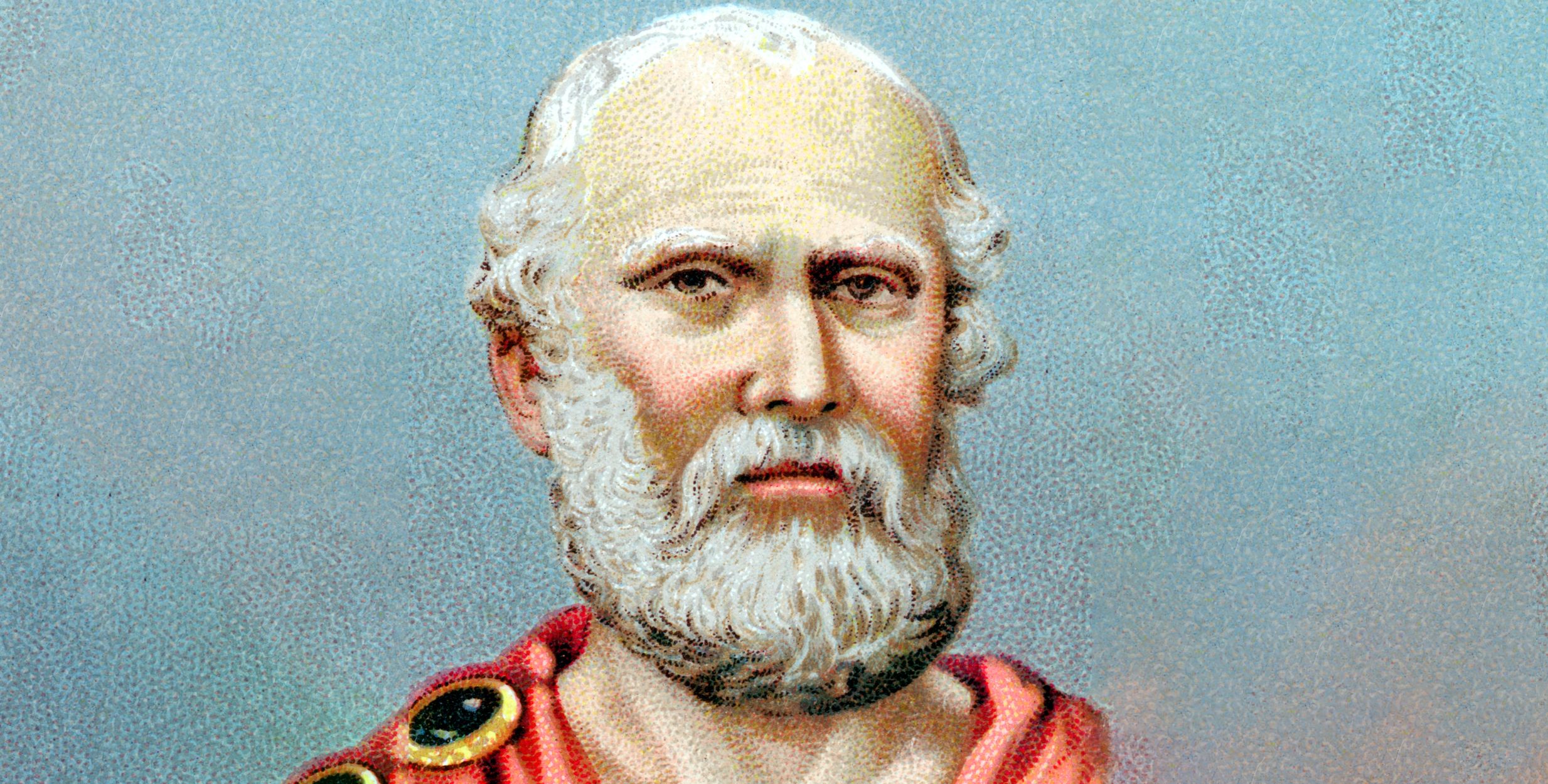blog 12
PLATO QUESTIONS:
1. Consider the issue of what it is we know when we rely on our senses. Is sensory knowledge as unreliable as Plato thinks it is?
Everyones perception is based on a number of aspects and factors. To an extent that what Plato states is true, and he has very good logic behind his statements. Which sometimes what he says is very true that if you rely on your senses you can easily misjudge what is going on. But in other situation’s sensory knowledge can be very reliable and true.
2. Are we materialistic when we praise sense perception? What are the alternatives to any such materialism arising from overvaluing (or solely valuing) sense experience?
Most people are very materialistic when they praise sense perception. People are constantly concerned about how they look. People care about their hair, makeup, clothes, shoes, and really anything on their body appears. In this generation people can cover themselves with materialistic items and create and cover up their true person, and by doing this other people are seeing an “illusion” rather than seeing the true person underneath. A major way that people have started to see themselves this way is because of social media. Social media has taken a toll on how girls and guys see their true selves. They want to look like other people.
3. If we could perceive the world beneath sense experience, what would it be like?
The world would be much more straightforward and we would understand a lot more. If we could view everything for what it truly was and not be misguided by our senses we would have a clear understanding of everything we put our minds to understanding. I don't think it would be a good thing to know the truth about everyone since its not always good but its not always bad.
4. I often ask my students to choose a sense that they do not already have and add it as a sixth sense that cannot be a merger of any of the five. It has to be new—not smelling, seeing, or hearing from a great distance. If nothing else, this exercise helps them begin to realize how hemmed in we are by our senses — particularly when I point out the ultimate similarity of touch, taste, and odor, three of the five senses that constitute virtually one sense with three “flavors.”
I think spirituality could be a sixth sense. You could easily understand how others are feeling around you, and this could help you understand others as well.
FREUD QUESTIONS:
1. Do you feel your dreams have a significance that would be useful to understand?
I believe that any dream could be useful to understand. I believe this because any knowledge about any subject is useful, whether it is useful now, a month later, or twenty years later. Any new gained knowledge is useful.
2. What dreams most mystify you?
Sometimes my dreams do mystify me. Not all of my dreams are the same or are similar so the ones that have the most action and are more interesting and nonrealistic are more mystifying than others.3. Which dreams are frightening? Describe a recent frightening dream.
Dreams I have that are the most fighting to me personally are dreams I have that are about people I care about deeply coming close to death or even dying. A somewhat recent dream that really frightened me (I don’t have many frightening dreams) was about my grandfather that I am very close to and he has always been a big part of my life. In the dream it was as if I was floating over what was happening and I saw every part of his death and his last breath come out of him. In the dream I went crazy and broke out into terrible sobs. It was a very dramatic death. I scared myself so bad I woke myself up and when I woke up I was actually sobbing. The weird thing about the dream was that although I can remember how dramatic the death was I can’t recall what specifically occurred, which made it all the more frightening.
4. Why do you think most people forget their dreams?
I think most people forget their dreams so easily because they occur so quickly that the brain cannot process them well enough to actually remember and recall them later. Or I also believe that dreams could be thoughts, actions, or things that have previously happened to you or something in the world that something or someone wants you to see but can’t straightforward tell you it could be a form of communication.
5. Is dreaming a mental activity?
I believe dreaming is most defiantly a mental activity. Dreaming comes from a specific part of your brain its thoughts, felling, and emotion that you don’t realize you have when you are awake and going. When your body is at rest it opens your brain to more thoughts which is all mental. But although dreaming is mostly mental is can also be physical by causing you to sweat, jump, cry, talk, walk, makes things or do things, and etc. so in a sense dreaming is both physical and mental.


Comments
Post a Comment